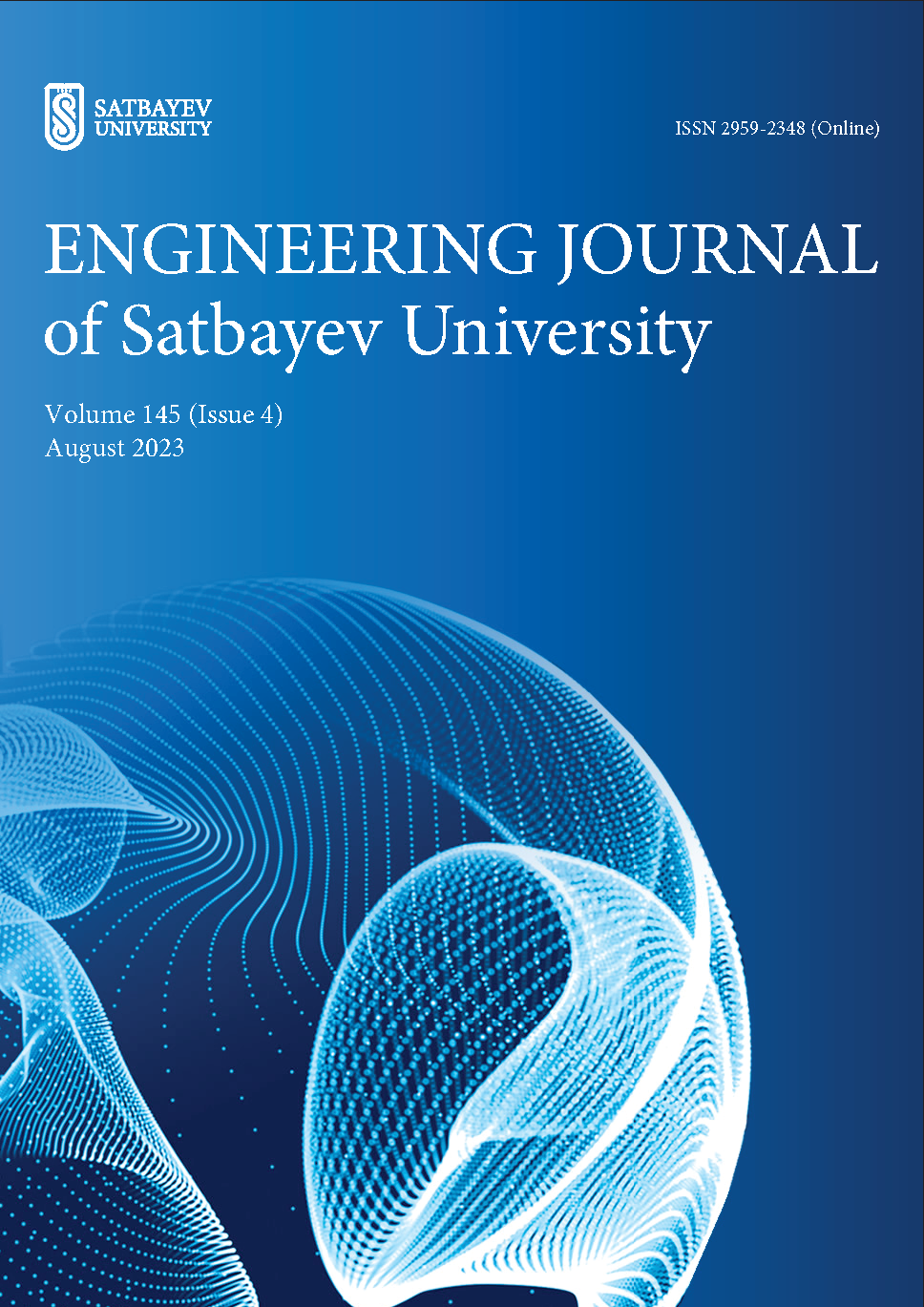Development of a method for directed modification of thin-film nitride coatings to enhance resistance to corrosion processes of steels and alloys
DOI:
https://doi.org/10.51301/ejsu.2023.i4.03Keywords:
ion modification, TiN thin films, dislocation density, stress resistance, hardness, crack resistanceAbstract
In recent years, much attention has been paid to research in the field of increasing resistance to external influences, including the corrosion resistance of steels and alloys exposed to aggressive environments or high temperatures. Interest in this area is due to the need to increase the service life of steel products, which will reduce the cost of most technological processes. The most promising methods for improving the strength characteristics, as well as resistance to corrosion degradation, are the application of various protective coatings to steel, among the variety of which one can single out nitride coatings that are highly resistant to corrosion and degradation caused by exposure to aggressive media. Also, one of the ways to increase resistance to external influences is the methods of changing the dislocation density in the near-surface layer, which make it possible to create a barrier layer for the penetration of oxygen and moisture through the protective coating. Based on the proposed corrosion protection methods, this paper considers the possibilities of combining the methods of applying nitride coatings and subsequent ionic modification in order to create a barrier protective layer against corrosion of 316L stainless steel. During the studies conducted, it was found that the magnetron deposition of a nitride coating (TiN) on the surface of stainless-steel leads to a hardness growth by 10-13 %, and the subsequent ion modification, performed by the action of low-energy N2+ ions on the nitride coating with different irradiation fluence, leads to an increase in strength by 50-70 % compared to the initial value. As a result of corrosion tests to maintain the stability of strength properties, it was found that the most effective influence of ion irradiation is a fluence of 5×1013-1014 ion/cm2, leading not only to maximum hardening, but also to an increase in the corrosion potential, the alteration of which indicates a decrease in the degradation rate.
Downloads
Published
How to Cite
Issue
Section
License
Copyright (c) 2023 Engineering Journal of Satbayev University

This work is licensed under a Creative Commons Attribution-NonCommercial-NoDerivatives 4.0 International License.
<div class="pkpfooter-son">
<a rel="license" href="http://creativecommons.org/licenses/by-nc/4.0/"><img alt="Creative Commons License" style="border-width:0" src="https://i.creativecommons.org/l/by-nc/4.0/80x15.png"></a><br>This work is licensed under a <a rel="license" href="http://creativecommons.org/licenses/by-nc/4.0/">Creative Commons Attribution-NonCommercial 4.0 International License</a>.
</div>





